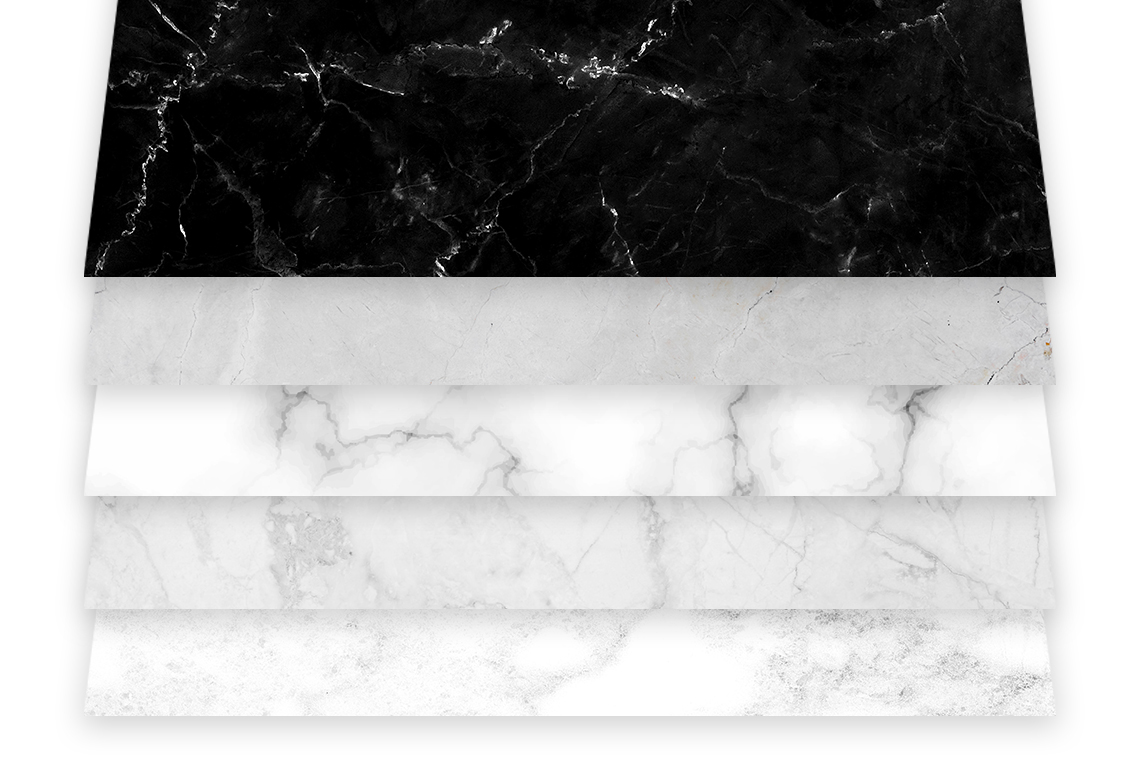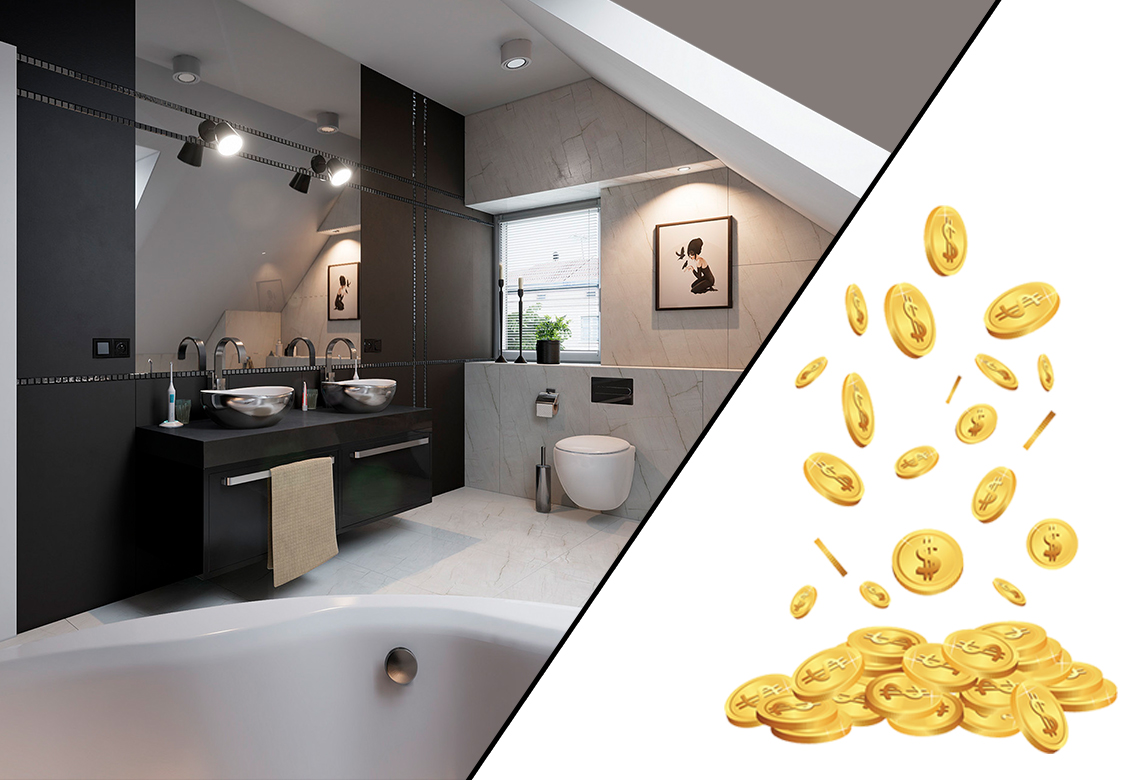


Bacteria is found everywhere in our environment including all solid kitchen surfaces. Regular cleaning of your granite, like any other top is recommended using an anti-bacterial soap or other recommended cleaning products. Marble, since it is primarily limestone, is extremely susceptible to acids, including citric acid and vinegar, which will etch the surface of the stone. Many household cleaners will do the same thing.
Granite is impervious to water and is in fact, less absorbent than most solid surfaces. It is commonly used as building material for high-rise buildings due to its ability to withstand gale force winds and rain. It is the primary product for kitchen counter tops because of its ability to repel water, stay hygienic and clean.
Granite is ideal for kitchens, because under normal conditions, it will not burn. It will generally not be harmed by hot pans or open flames. Marble should not be used in kitchens, as excessive heat can cause damage and leave sears or burn marks.
Routine cleaning using the right products is generally all that is required to maintain the beauty of your stone. If the stone becomes damaged or dull, please contact us for professional restoration.
Granite is highly scratch resistant and normal daily use will not adversely affect your top. Marble, as stone goes, is soft, and it will scratch easily.
Granite is resistant to stain provided any liquid spilled on its top is wiped away as quickly as possible. However, even water can soak into a granite top and leave a dark spot. This though, will vaporize within minutes.